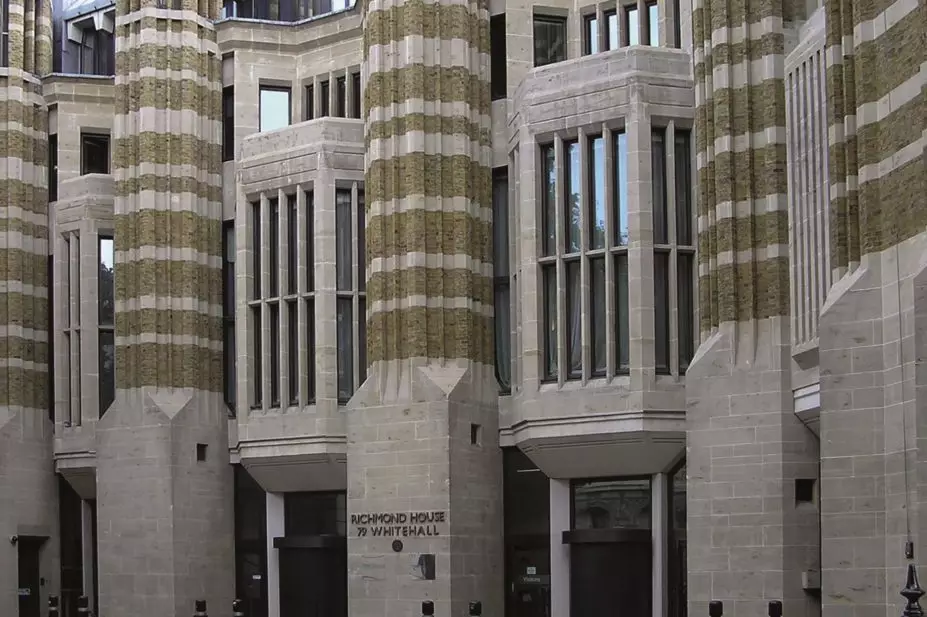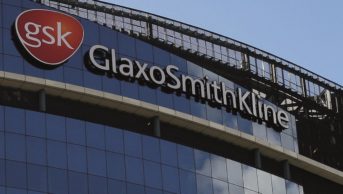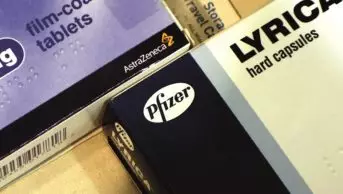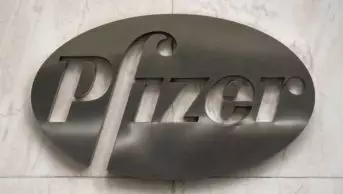
Wikimedia Commons
Pharmaceutical company Pfizer is reimbursing GPs for any extra workload they experience to protect the second medical use patent of its drug Lyrica (pregabalin) but has no plans to make the same offer to community pharmacists.
The company is in talks with the Department of Health and NHS England about the amount of money it will pay GPs — or their surgeries — and how that payment will be made.
Reimbursement will cover the time taken to check repeat prescriptions to ensure that patients are being prescribed Lyrica for the treatment of neuropathic pain — in line with the second medical use patent — and not generic pregabalin.
Pfizer, headquartered in New York, confirmed on 11 August 2015 that it has no plans to make any similar payments to community pharmacists.
“Where prescriptions are written in line with the NHS England guidance, with Lyrica prescribed by brand name only when pregabalin is used for the treatment of neuropathic pain, this removes the need for pharmacists to undertake any additional work following up with GPs,” Pfizer says.
The decision is likely to disappoint pharmacists who are also facing extra work ensuring that GPs are only prescribing branded Lyrica for neuropathic pain.
In May 2015, community pharmacy national negotiators issued guidance for the profession and designed a template letter that pharmacists could send to GPs if they had prescribed a generic for neuropathic pain, requesting a fresh prescription for Lyrica.
The Pharmaceutical Services Negotiating Committee said at the time that the issue had caused “considerable concern” for the profession and that the Lyrica guidance was one of the most regularly searched for items on its website.
In a statement, Pfizer confirmed that it is in discussions with NHS England and the Department of Health to work out the mechanism for paying GPs for their extra workload and whether payment should be made on a surgery or per patient basis.
The company confirmed that it had received requests from a small number of GP practices and a clinical commissioning group for reimbursement. The company wrote to NHS England and the Department of Health on 16 July 2015 during the court hearing with its offer to reimburse GPs.
“Pfizer believes the generic companies selling pregabalin are liable for these costs,” says Pfizer. “However, we don’t want this legal point to delay reimbursement to the practices that have borne this administrative cost.
“As such, we have proposed to NHS England and the Department of Health that Pfizer will reimburse the upfront costs where additional administrative work, beyond routine review, has been undertaken to ensure repeat prescriptions have been updated in a timely manner in line with the guidance. We will then seek repayment from the generic companies in due course.”
The company says that proper implementation of NHS England guidance on prescribing Lyrica and not an alternative generic for the treatment of neuropathic pain should negate the need for prescriptions to be checked or rewritten.
The decision to reimburse GPs comes before the outcome of a High Court case around the second medical use of Lyrica. The case has been taken by Pfizer against a number of generic suppliers, and focuses on the infringement and validity of the patent.
Lyrica was originally marketed for the treatment of general anxiety and epilepsy. That patent has now expired but a secondary medical use patent for the treatment of neuropathic pain does not run out until July 2017.
The High Court decision is not expected until October 2015 at the earliest.
- This article was amended on 13 August 2015 to clarify that Pfizer did not make the commitment to reimburse GPs publically.


